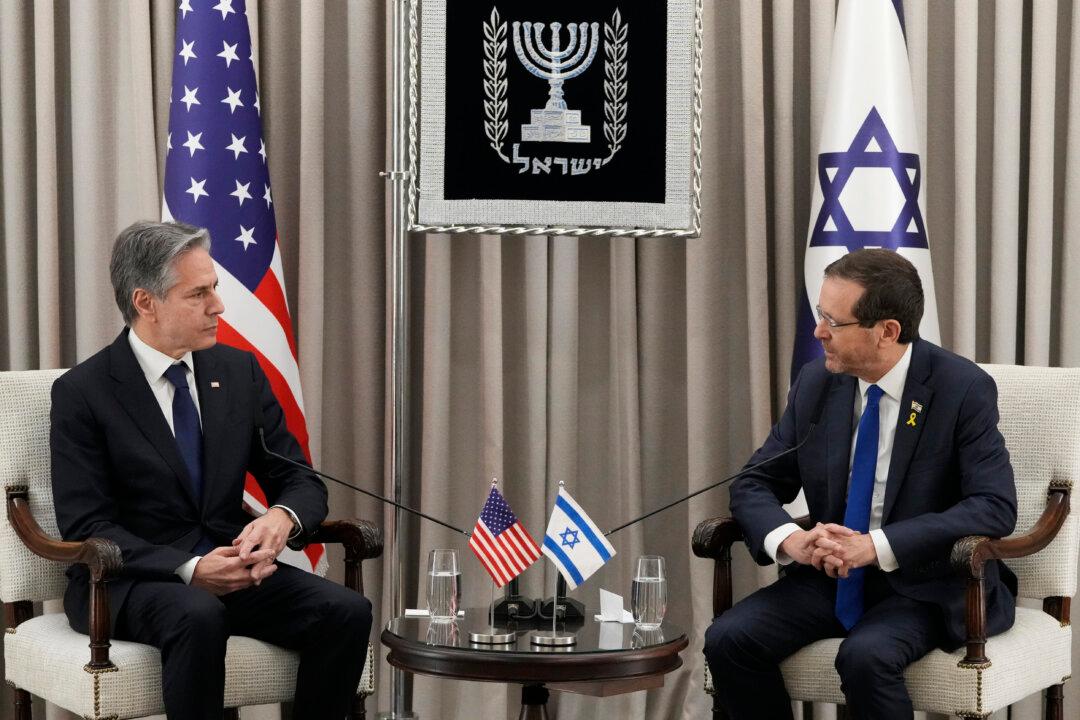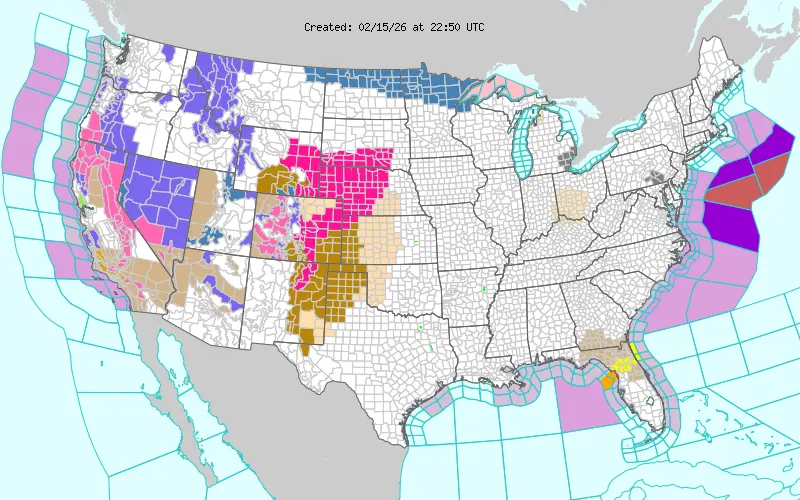TEL AVIV—U.S. Secretary of State Antony Blinken said Wednesday that “a lot of work” remains to bridge the gap between Israel and the Hamas terrorist group on terms for a new cease-fire and hostage-release deal.
Hamas laid out a three-phase plan to unfold over 4 1/2 months, responding to a proposal drawn up by the United States, Israel, Qatar, and Egypt. The plan stipulates that all hostages would be released in exchange for hundreds of Palestinians imprisoned by Israel, including senior militants, and an end to the war.





